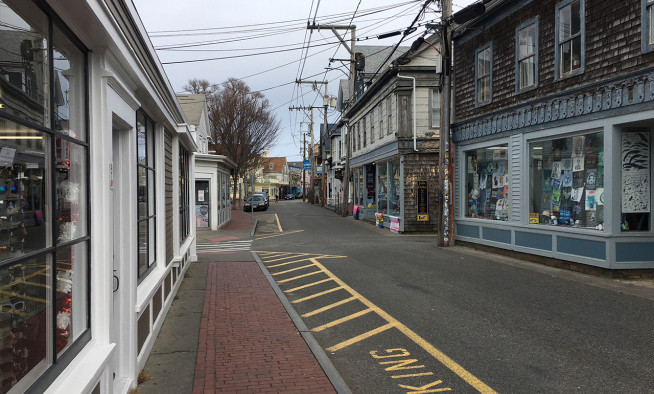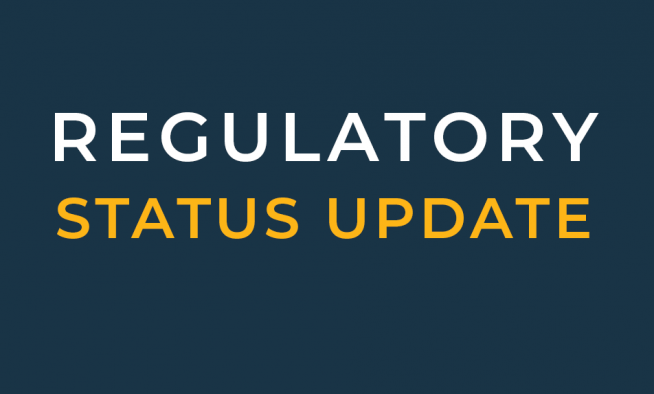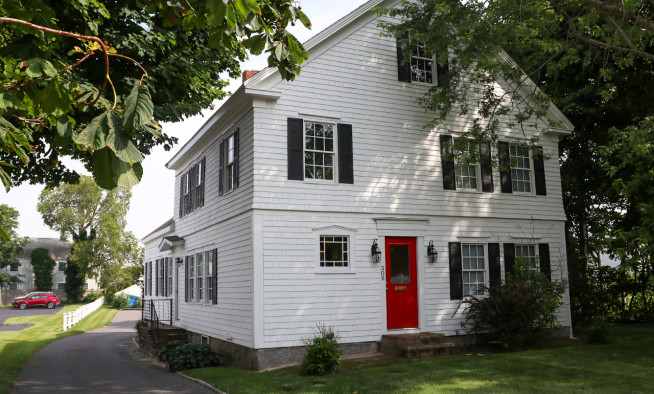OneCape 2022: Mobile workshops offer a look at coastal erosion and pond health

The 2022 OneCape Summit offered mobile workshops that allowed attendees to get a firsthand look at some of the issues impacting our region and learn about strategies to address these vulnerable areas.
Chatham’s constantly changing shoreline offers a stunning visual representation of erosion. A guided tour of the Monomoy National Wildlife Refuge and Jackknife Cove in Chatham offered mobile workshop attendees a firsthand look at the rapidly changing coastline. At Monomoy, sand is shifting so rapidly that each visit highlights the aggressive shoreline erosion. This dramatic natural process creates a management challenge for the refuge and the town. Refuge manager Rick Nye told visitors that he’s spent most of his time over the past year managing erosion issues.
At Jackknife Beach, Carole Ridley of the Pleasant Bay Alliance shared information about the impacts of erosion and Seth Wilkinson of Wilkinson Ecological Design offered solutions to stabilize the rapidly receding salt marsh. Led by Cape Cod Commission Natural Resources Manager Heather McElroy and Cape Cod Cooperative Extension and WHOI Sea Grant Coastal Processes Specialist Greg Berman, the tour showcased not only examples of coastal changes but also offered information on ways the community is building resiliency.
The Regional Policy Plan identifies the health of Cape Cod freshwater pond and lakes as a key challenge facing the region, calling for an updated and expanded understanding of freshwater resources data. OneCape 2022 offered a tour of local freshwater bodies to facilitate a better understanding of the functions and stressors of Cape Cod’s freshwater resources.
Cape Cod Natural Resources and Water staff brought visitors to Pilgrim Lake in Orleans and Hinckley’s Pond in Harwich for a workshop on pond ecology. Staff shared information about the Freshwater Initiative, an effort to complete an analysis of available pond monitoring data, assess the overall health of Cape Cod’s ponds and lakes, and identify regional trends in water quality.
A herring run at Pilgrim Lake showcased the connection between Cape Cod’s freshwater and coastal water bodies. On the shores of Hinckley Pond, staff discussed the impacts of erosion and stormwater runoff and how a formerly active cranberry bog adjacent to the pond may have contributed to existing nutrient issues.
Attendees were encouraged to take advantage of online resources like the Commission’s Pond Atlas and Viewer and APCC’s State of the Waters and Cyanobacteria Monitoring Maps to learn more about pond water quality across Cape Cod.




